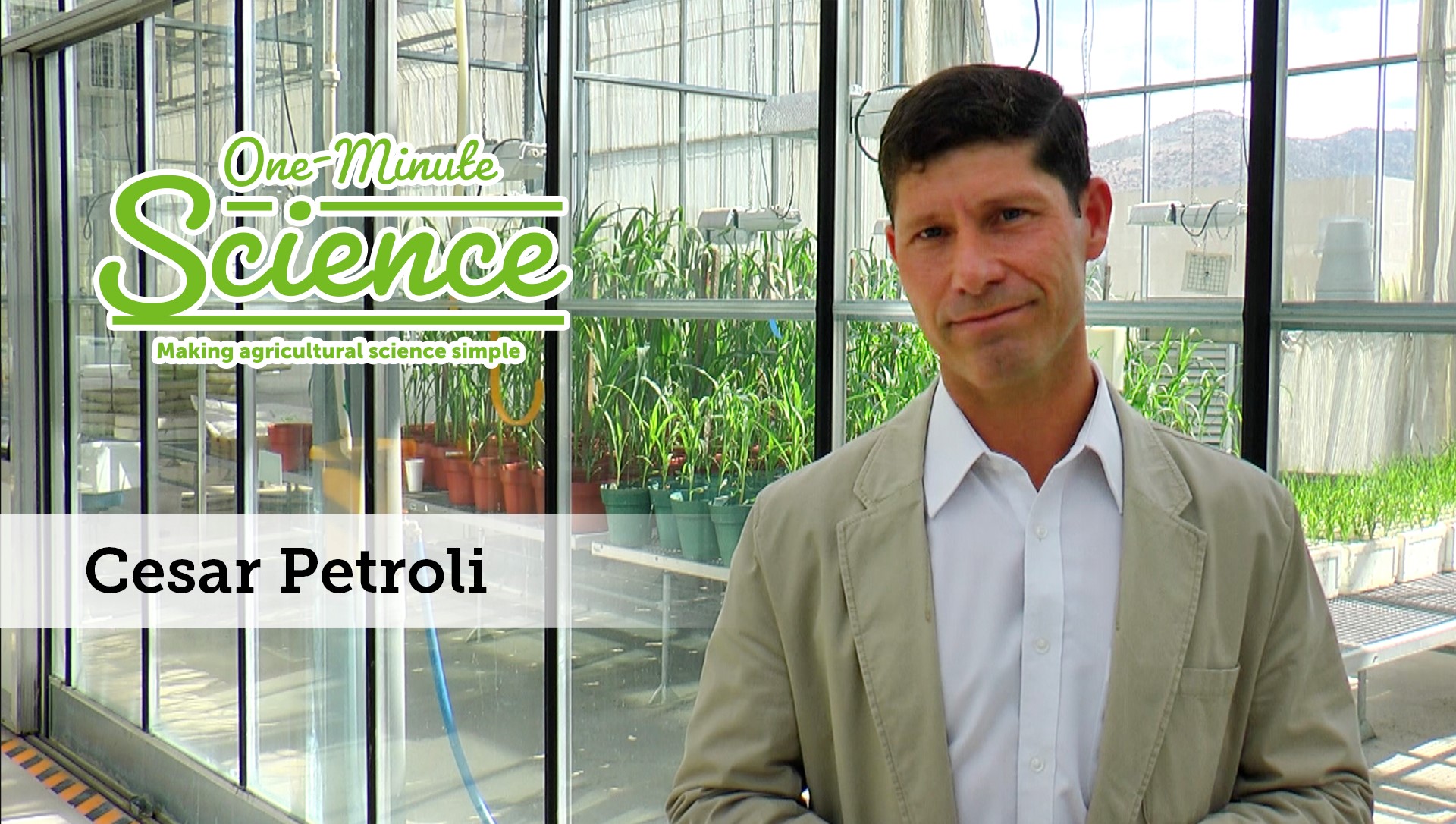The eighth edition of CIMMYT’s seminar series on women’s leadership — Catalysts of Change: Women Leaders in Science — features Usha Barwale Zehr, Director and Chief Technology Officer of Mahyco Private Limited, India. For the last 20 years, Usha has applied new technologies and tools, including biotechnology, to improve the quality and productivity of seeds and agriculture for smallholder farmers in Asia and Africa. Her recent work focuses on sustainability in agriculture and the integration of digital tools into the agricultural value chain to enhance smallholder farmers’ incomes.
During the virtual event, held on November 7, 2023, Usha emphasized the importance of innovative science and technology in agriculture to generate socio-economic impact.
Science and technology are critical catalysts
“The most inspiring aspect of my work is discovering how to help smallholder farmers achieve more from their small and marginal land holdings — those who continue to feed and support us by providing food for large populations in India and around the world,” Usha said, adding that the application of science to this endeavor is critical.
Usha’s thought process has been shaped by her role model — her father.
“His vision and progressive approach in using the latest in science and technology to make a socio-economic impact on the vast majority of our farming population has left a lasting impression on me,” she shared.
Supporting each other to get ahead
“When I think of how we can support each other — and support women in different contexts to become catalysts of change — learning from and helping each other is very important,” Usha said. She pointed out that professionally, we often become so busy that reaching out for help can be a challenge. That is why it is essential to establish structured interactions.
“We need to have formal engagements with colleagues to talk — not just about professional and academic challenges, but also about how we are navigating personal challenges in our professional journeys.” Creating support groups and formal structures to facilitate such engagement is very important, she concluded.

 Gender equality, youth and social inclusion
Gender equality, youth and social inclusion 
